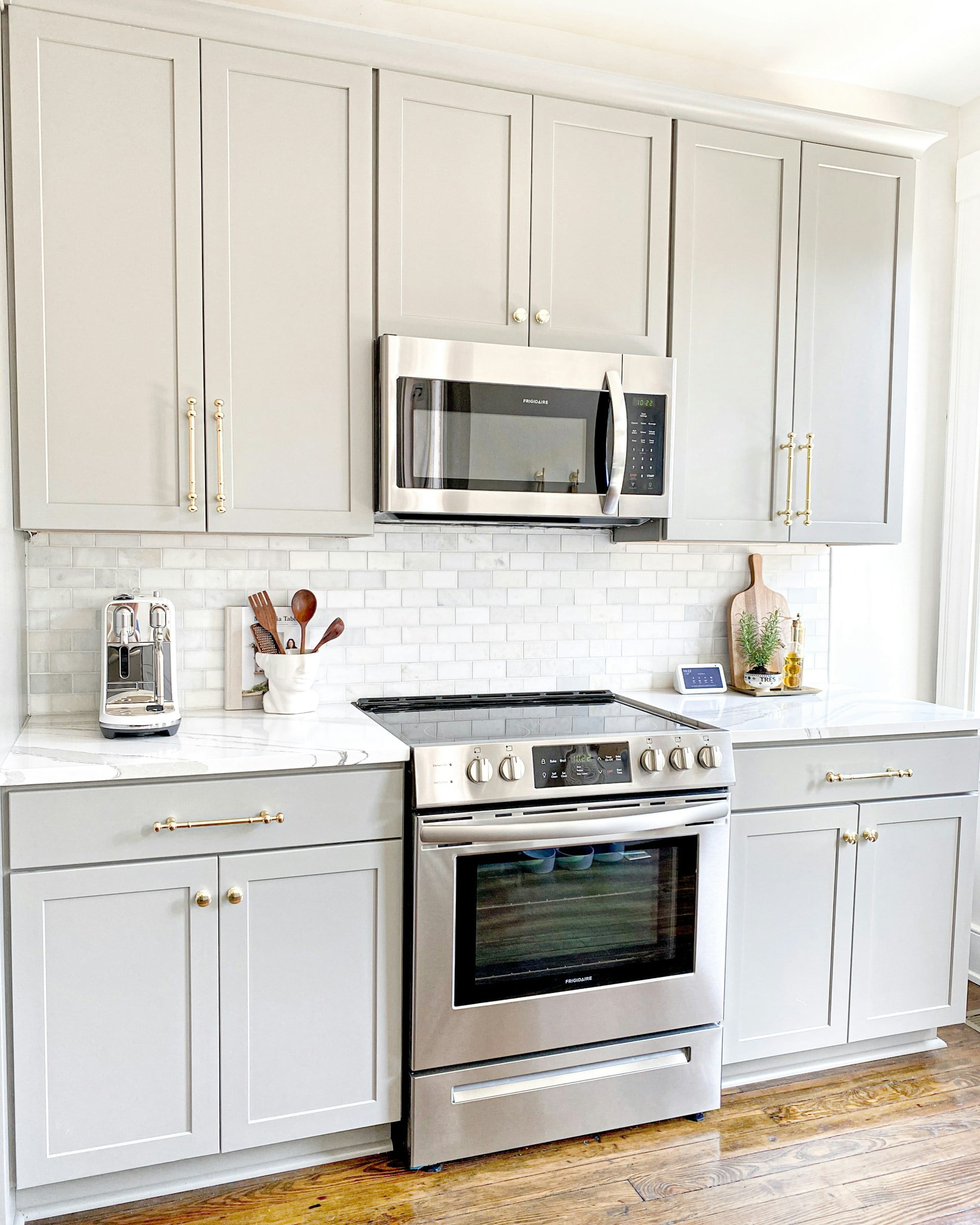As a realtor, I often encounter clients grappling with the decision of whether or not to move to a bigger home. This decision is not just about square footage; it’s about the quality of life, comfort, and future aspirations. In this article, we’ll explore the various factors that signal it might be time to consider upsizing your living space.
Recognizing the Need for More Space
Family Growth and Space Requirements: One of the most common reasons for needing a bigger home is a growing family. Whether it’s the arrival of a new baby, children needing more room as they grow, or even the addition of elderly family members, these changes often necessitate more space.
Lifestyle Changes: Our homes are not just places to sleep; they are where life happens. A burgeoning hobby, a new remote work arrangement, or even an expanding social circle can mean your current space no longer fits your lifestyle.
Storage and Organization Challenges: Constantly battling clutter? If you find yourself perpetually short on storage, it might be a sign that your current home is too small. A bigger home can offer the much-needed space to organize and store your belongings effectively.
Financial Considerations
Assessing Financial Readiness: Moving to a larger home is a significant financial decision. It’s crucial to assess your financial readiness, considering not just the cost of the new home but also the increased expenses in utilities, taxes, and maintenance.
Cost-Benefit Analysis: Weigh the costs of moving against the benefits. Sometimes, the investment in a larger home can bring long-term financial gains, especially if it’s in a location with appreciating property values.
Practical Aspects of Upsizing
Evaluating Current and Future Space Needs: It’s important to assess not just your current space needs but also to anticipate future requirements. A home that fits your needs now and in the future is a wise investment.
The Impact on Lifestyle: A bigger home can significantly impact your daily living and social activities. More space can mean more room for entertaining, hobbies, and relaxation.
Emotional and Psychological Factors
Attachment to Current Home: Moving isn’t just a physical transition; it’s an emotional one too. Many homeowners have deep attachments to their current home, making the decision to move challenging.
Stress and Excitement of Moving: The process of moving to a bigger home can be both stressful and exciting. It’s a journey that involves not just logistical planning but also emotional preparation.
Long-Term Planning
Future-Proofing Your Home Choice: When considering a bigger home, think long-term. Choose a home that not only meets your current needs but also has the potential to accommodate future changes in your family or lifestyle.
Investment Perspective: A home is more than just a place to live; it’s an investment. Consider the long-term financial implications and potential for appreciation in your new home’s value.
FAQs
Q1: What are the signs that you need a bigger home? A: Signs include outgrowing your current space due to family expansion, lifestyle changes requiring more space, and constant struggles with storage and organization.
Q2: How do you determine if you can afford a bigger home? A: Assess your financial situation, including savings, income stability, and the potential increase in living expenses. Consult with a financial advisor or a realtor to understand the implications fully.
Q3: What are the common challenges when moving to a bigger home? A: Challenges include managing the higher costs, the physical and emotional aspects of moving, and adjusting to a new environment.
Q4: How to balance emotional attachment to the current home with the need for more space? A: Acknowledge your emotional attachment, but also consider the practical benefits of more space. Sometimes, the need for a bigger home aligns with your long-term happiness and comfort.
Conclusion
Deciding to move to a bigger home is a significant life decision that involves careful consideration of various factors. As a realtor, I advise clients to think about their current and future needs, financial readiness, and the emotional aspects of moving. Remember, a home is not just a physical space; it’s the backdrop to your life’s most cherished moments. Make your decision with both your heart and mind.



